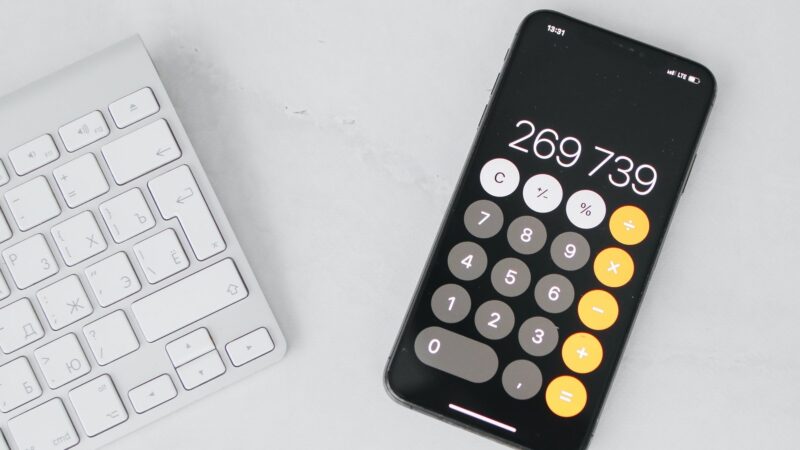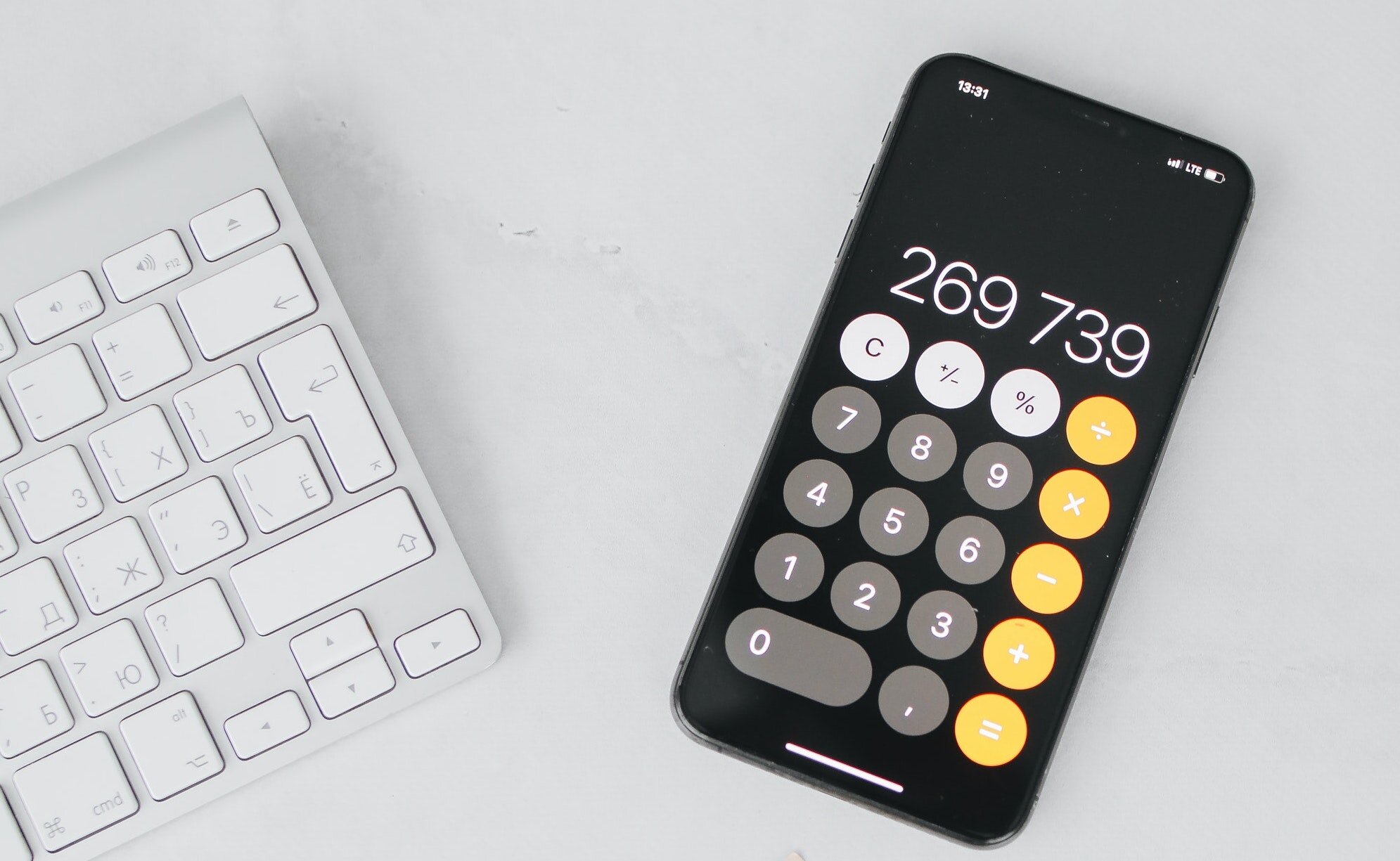They don’t tell you when you open a restaurant that the cooking part might be the easiest job you’ve got. Don’t get me wrong—I’ve had 16-hour days on the line, grease burns up my arms, and a walk-in full of lettuce that froze solid overnight. But none of that ever made me as tired as trying to figure out payroll taxes.
I’ve run this spot in Sterling for a while now. It’s not fancy, but it’s got regulars—guys who work cattle in the morning and show up for green chile by noon. We keep the coffee hot and the griddle humming. I know the price of onions better than I know the weather. I can spot a good egg cook from a mile away. But when it came to bookkeeping? Man, that was like trying to read Greek upside-down.
At first, I tried to muscle through it. I’d run prep in the morning, cover the lunch rush, then try to sit down and reconcile receipts at 10 p.m. while the mop water dried on the kitchen floor. I thought if I could just grind through it, I’d figure it out eventually. I mean, I know how to count, right? But it turns out knowing what you can deduct and knowing how to actually do it—those are two very different things.
One night I was elbow-deep in a stack of vendor invoices, trying to remember if the flour from Sysco counted as COGS or supplies or something else entirely, and I just about lost it. I’d messed something up with our payroll software the week before and spent the next three days explaining to my dishwasher why his check was short. I’m not proud of it, but I snapped at him—and that kid’s been nothing but solid for two years.
That was my wake-up call. I realized I wasn’t just bad at accounting—I was letting it hurt the people around me. The kitchen was tense. I was showing up late, staying later, and still falling behind. All because I was too stubborn to admit I needed help.
So I found someone who could make sense of it all. I didn’t need a big fancy CPA firm with leather chairs and glass walls. I needed someone who understood small business life—someone who knew what it meant to stretch a dollar and still make payroll. They didn’t flinch when I showed up with bank statements in a manila folder and a bunch of receipts held together with a binder clip. They just rolled up their sleeves and got to work.
And that’s when things started to turn. For the first time in years, I actually knew where we stood. Not just a gut feeling, but real numbers. I could see when we were about to go tight on cash flow, plan around big expenses, and actually start putting a little away for emergencies. We even caught a couple of small errors in past returns that ended up putting a little money back in our account. Not life-changing, but enough to replace the old fryer without panic.
Most importantly, I stopped dreading the first of the month. I stopped feeling like a fraud every time tax season rolled around. I got to be the guy I wanted to be again—the guy in the kitchen, sleeves rolled up, calling tickets and working the flat-top, not hiding in the office with a calculator and a headache.
Look, I’m still involved. I still check the reports, still know what’s coming in and going out. But I’m not trying to wear every hat anymore. I’ve got a crew that trusts me, a business that’s stable, and enough energy at the end of the day to sit down and eat with my wife instead of chasing down expense categories.
If you’re out here in Sterling—or anywhere else—and trying to run your business and your books with the same two hands, I get it. It feels like you’re saving money, doing the “responsible” thing. But if it’s stealing your time, your focus, or your sanity, it’s not saving anything at all.
I’ll still mop the floor, scrape the grill, and jump in when the fry cook calls out. I’ll fix a broken chair or clean out the grease trap if I have to. I’m not above any of it. But these days, when it comes to the numbers, I let someone else run point.
Turns out, giving up control can be the smartest thing you ever do—especially when it means getting back to the work you were built for.












